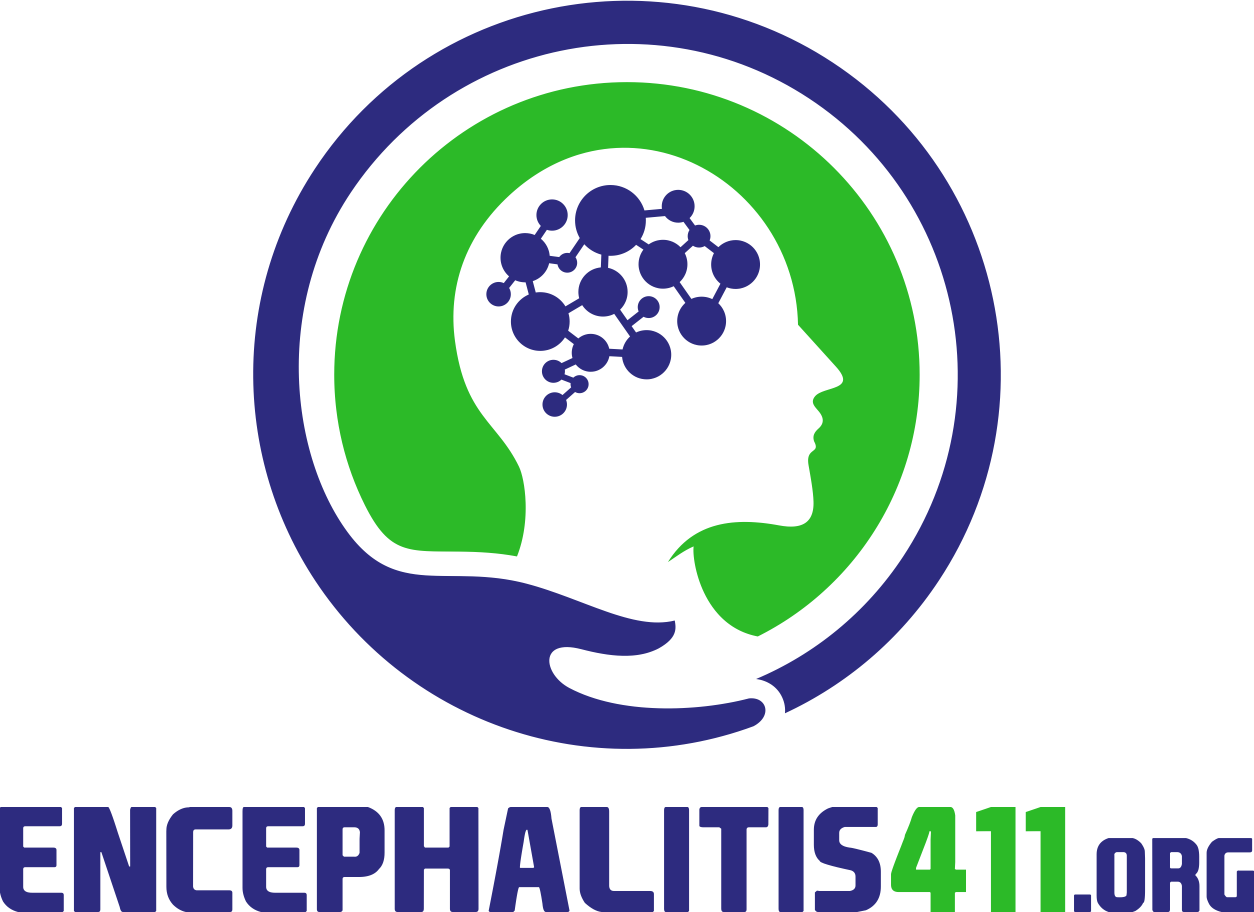
How do we address the increased prevalence of autoimmune disease?
Autoimmune diseases pose a significant health challenge and it is estimated that you or someone you know will develop an autoimmune disease at some point.

Why do autoimmune diseases affect women more than men?
Autoimmune diseases are known for disproportionately affecting women, with 70-80% of those diagnosed being women. Recently, a study led by Stanford University sheds light on why autoimmune diseases are more prevalent in women than in men through a molecule called Xist (pronounced as "exist").

What are some ways autoimmune disease patients cope with their diagnosis?
Receiving an autoimmune disease diagnosis can be life-altering since it leads individuals into a challenging journey of managing their symptoms, receiving treatments, and experiencing the emotional toll of living with a chronic condition.

Autoimmune Registry Partnered with Story Booth to Create an Autoimmune Disease Stories Page!
Autoimmune diseases have long been under the limelight as a class of diseases. While cancer and heart disease statistics are often aggregated to show their impact, autoimmune diseases are rarely classified as a class.

What symptoms did you not realize were signs of autoimmune disease?
Autoimmune diseases can manifest in various ways, and some symptoms can go unnoticed or be attributed to other causes. Some common autoimmune disease symptoms are fatigue, joint pain and swelling, skin problems, recurring fever, and more.

What do we know about Long-COVID, Mast Cells, and Autoimmune Diseases?
It's been four years since the beginning of the pandemic and the medical community continues to struggle with the complexities of the lingering effects of COVID-19, also known as Long-COVID.

Start your year right with Journal My Health!
As we embark on a new year, many individuals are forming goals and habits that benefit their health and well-being, such as exercising, meditating, or eating healthier foods. Those with chronic illnesses may also have the goal of managing their symptoms.

Latest CAR-T therapy data shows promise in treating Lupus and other autoimmune diseases
Back in June, we discussed how CAR-T therapy may be used to treat various autoimmune diseases such as lupus and myasthenia gravis. Although CAR-T therapy is mainly used to fight cancer, researchers have been able to use this therapy to modify T-cells to attack B-cells that incorrectly produce antibodies that attack their own cells.

What has the Autoimmune Registry accomplished in 2023?
As 2023 draws to a close, we want to give everyone a recap of the past year. To raise awareness of autoimmune diseases, we wrote a blog post on autoinflammatory diseases for Global Genes and continued to expand our network by connecting with individual disease advocacy groups.

What is the Safe Step Act of 2023 and why is this bill important?
One of the first things a newly-diagnosed autoimmune disease patient learns about is called “step therapy” or “fail-first”. This forces patients to first try, and possibly fail, on lower-cost medications before the insurance company agrees to cover the medication originally prescribed by the patient's healthcare provider.

Do you experience flare-ups during the winter months?
Back in August, we wrote about how heat may affect those with autoimmune diseases. Unfortunately, the cold weather may also induce flare-ups for some autoimmune diseases such as arthritis, psoriasis, and lupus.

Track your symptoms with Journal My Health!
Many individuals with an autoimmune disease are told the importance of tracking their symptoms. For example, symptom tracking helps with the early detection of health issues, disease management, treatment effectiveness, and more.

Faced with a rare autoimmune disease? Where do you go for help?
Our monthly webinar last week featured Daniel DeFabio and Mary Morlino from Global Genes, a 501(c)(3) non-profit organization that provides resources like this toolkit to help patients advocating for a rare disease.

On Giving Tuesday, your donation to ARI will help find the next treatment for autoimmune disease!
With over 106 chronic illnesses known to be caused by defects in the immune system, autoimmune diseases collectively affect at least 16 million people in the United States.

Reggie's autoimmune disease journey and our latest partner, Encephalitis411
As an advocate, patient, and member of the autoimmune community, Reggie Barnes, Director of Patient Partnerships at Autoimmune Registry, has shared his story on the challenges he encountered before—and after—his diagnosis of autoimmune encephalitis.

Does rotavirus hospitalization in children increase the risk of autoimmune diseases?
Children hospitalized for rotavirus, a common and potentially severe childhood infection, may face a higher risk of developing autoimmune diseases, according to a study published in JAMA Network Open.

Can gene therapy be used to treat autoimmune encephalitis?
Back in July, we briefly discussed how a Clinical Research Unit at the Universitätsmedizin Berlin was funded with 6.2 million euros to study autoantibodies in neurological diseases
.

What's new in autoimmune disease drug development?
Although there are more than 100 autoimmune diseases, patients often rely on the same set of medications, such as prednisone and immunosuppressants, which can have harsh side effects.

Can a blood test help diagnose long-COVID?
There is some good news: long-COVID prevalence among Americans has declined from 11% to 7.5% of those who have had COVID. Long-COVID symptoms are similar to those seen in autoimmune diseases—such as fatigue and brain fog.

October is National Liver Awareness Month!
In honor of National Liver Awareness Month, the Autoimmune Registry is focusing on autoimmune liver diseases. Autoimmune liver disease occurs when the immune system attacks liver cells, and can sometimes lead to liver failure.

